The skills shortage in the data centre sector has left many firms struggling to find personnel to handle daily crucial operations. It has been estimated that this could cost the data centre industry over $449.7 billion globally, should this continue.
Data from our 2024 Data Centre Salary Survey indicates that markets in the US and Europe are struggling to recruit new talent; 19% of data centre professionals in the UK and 16% in the US are over the age of 55. 29% of UK data centre professionals have fewer than 3 years’ experience, and just 16% for the US.
In this article we’ll explore the definition of a ‘skill gap’, the definition of a ‘talent gap’, and the difference between these two similar but distinct terms. We’ll also look at five reasons why the data centre sector is experiencing a talent shortage.
Contents
- What is a ‘skill gap’?
- What is a ‘talent gap’?
- What’s the difference between ‘skills shortage’ and ‘talent shortage’?
- Why does the data centre industry have a skills gap?
What is a ‘skill gap’?
The term ‘skill gap’ (also known as ‘skills gap’ or ‘skills shortage’) refers to the difference between the skills that employees currently have, and the skills they need to perform their jobs effectively.
A skill gap can occur when employees lack the knowledge required for their role, which can be addressed through training or hiring new employees.
In the data centre industry, technology is rapidly advancing, causing technical roles to become more complex. Companies might experience a skills gap because of the introduction of artificial intelligence (AI) and machine learning (ML).
What is a ‘talent gap’?
The term ‘talent gap’ (also known as ‘talent shortage’) refers to an insufficient supply of qualified workers to fill specific roles or positions.
A talent gap can occur when there is a demographic shift (for example an aging workforce) or rapid technological advancements within an industry.
In the data centre industry, the current talent shortage causes challenges in recruitment, increased competition amongst companies for skilled workers, and the potential for a long-term negative impact on the growth of the data centre sector.
What’s the difference between ‘skills shortage’ and ‘talent shortage’?
A ‘skills shortage’ refers to a shortage of specific skills, which can often be rectified with training and upskilling. On the other hand, a ‘talent shortage’ refers to a shortage of workers for specific positions within an industry.
Why does the data centre industry have a skills gap?
There are many reasons for the talent shortage in the data centre industry. Here are the five main reasons:
1. Rapid growth
The global data centre market size was valued at $187.35 billion in 2020 and is projected to reach $517.17 billion by 2030.
The data centre industry is growing not just in the number of facilities globally but also in terms of the actual size of all these facilities. With advancements in modular construction, including modular power plant construction, it’s becoming much easier for data centres to be scaled.
With increased demand for data centres comes an increased demand for construction workers, data centre operators, and technical staff. Finding the right talent can often be a problem, and many data centre operators are investing in training talent from other industries as a result.
Looking for a new opportunity?
2. Retiring workforce
Many people working in the data centre industry are entering retirement. In fact, results from our 2024 Data Centre Salary Survey indicate that 19% of data centre professionals in the UK are over the age of 55, and 16% of data centre professionals in the US are over the age of 55. Just 16% of US data centre professionals have fewer than 3 years’ experience, and 29% for the US.
Research by the Uptime Institute indicates that up to half of all data centre engineers may retire in the next three years, while the global need for engineers is expected to rise by approximately 300,000 over the same period.
3. Technological advances and increasing complexity
Data centre operations roles are also becoming more complex. With recent developments in AI and machine learning, cloud computing is becoming more complicated, and this has created a skills shortage with existing data centre professionals.
Infrastructure services have transformed with the cloud and the modern data centre requires skilled staff with up-to-date training, college degrees, specific certifications and/or equivalent experience.
4. Education system
It has also been suggested that structural issues in the education system could be in part responsible for the shortage of talent in the data centre industry. National curricula don’t always align with industry needs, and this can have a knock-on effect on the uptake in careers in the digital space. For instance, there was a 40% decrease in the number of UK students studying Computing or ICT qualifications at GCSE or A-Level between 2015 and 2021.
5. Historic lack of investment in data centre skills and training
There has also been a historic lack of investment in training for data centre skills, and this means that many people aren’t aware of what a data centre actually is. To combat this, companies in the data centre industry can start their own initiatives. The more members of the data centre ecosystem that get involved in these kinds of initiatives, the better.
Industry partners are helping to deliver the first ever secondary school data centre curriculum in the UK, the Digital Futures Programme. DataX Connect is a partner of the Digital Futures Programme, which aims to equip students with the essential knowledge and skills needed to thrive in technical careers within the digital infrastructure industry.
As part of the programme, members of our team will be working with students to deliver a mix of employer-led projects, challenge days, masterclasses, and skills workshops. Programmes like this help to inspire young people to start a career in data centres.
In conclusion, the talent shortage in the data centre sector presents a significant challenge that could hinder the industry’s growth and impact operational efficiency. Addressing the talent shortage is critical.
The data centre talent shortage is driven by several factors: rapid industry growth, an aging workforce nearing retirement, the increasing complexity of technological advancements, misalignment between education systems and industry needs, and historical underinvestment in training.
Initiatives such as the Digital Futures Programme demonstrate proactive steps industry leaders can take to inspire and equip the next generation of data centre professionals. By addressing these underlying issues, the data centre industry can better position itself to meet future demands and sustain its growth trajectory.
Subscribe to the DC Digest
Your fortnightly update on everything going on in the data centre industry, all in one place.
DC Digest
Recent data centre news:
- Weekly Data Centre Digest – 16th May 2025
- Weekly Data Centre Digest – 9th May 2025
- Weekly Data Centre Digest – 2nd May 2025
- Weekly Data Centre Digest – 25th April 2025
- Weekly Data Centre Digest – 18th April 2025
Other insights
- Articles (33)
- Partnerships (8)
- Research (17)
- Uncategorized (22)
- Update (162)
- USA (9)
Inside Data Centre Podcast
Other insights
-
Where the Work Is: Data Centre Engineer Jobs
Data centre engineers are in high demand across Europe—and the market isn’t slowing down any time soon. As AI, cloud services, and digital infrastructure continue to accelerate, companies are investing in new facilities, expanding existing ones, and urgently seeking skilled people to work in data centre engineer jobs to keep operations running smoothly.
-
2025 Global Data Center Market Comparison – Key Takeaways
Cushman & Wakefield’s latest Global Data Center Market Comparison report paints a clear picture of a fast-moving, high-demand landscape. With the rise of artificial intelligence and machine learning accelerating infrastructure requirements, the global data centre industry is undergoing one of its most intense growth periods yet.
-
Texas Data Center Market Report
Download the Texas data center market report for more information on power availability, market value and emerging trends in Dallas, Austin, San Antonio, and Houston.
-
Amsterdam Data Centre Market Report
Download the Amsterdam data centre market report for more information on power availability, market value and emerging trends in The Netherlands.
-
What is a data centre?
Imagine a giant warehouse, but instead of products, it stores everything digital: your photos, videos, games, music, and files. In this article we answer the important question: what is a data centre?
-
Dublin Data Centre Market Report
Download the Dublin data centre market report for more information on power availability, market value and emerging trends in the Republic of Ireland.


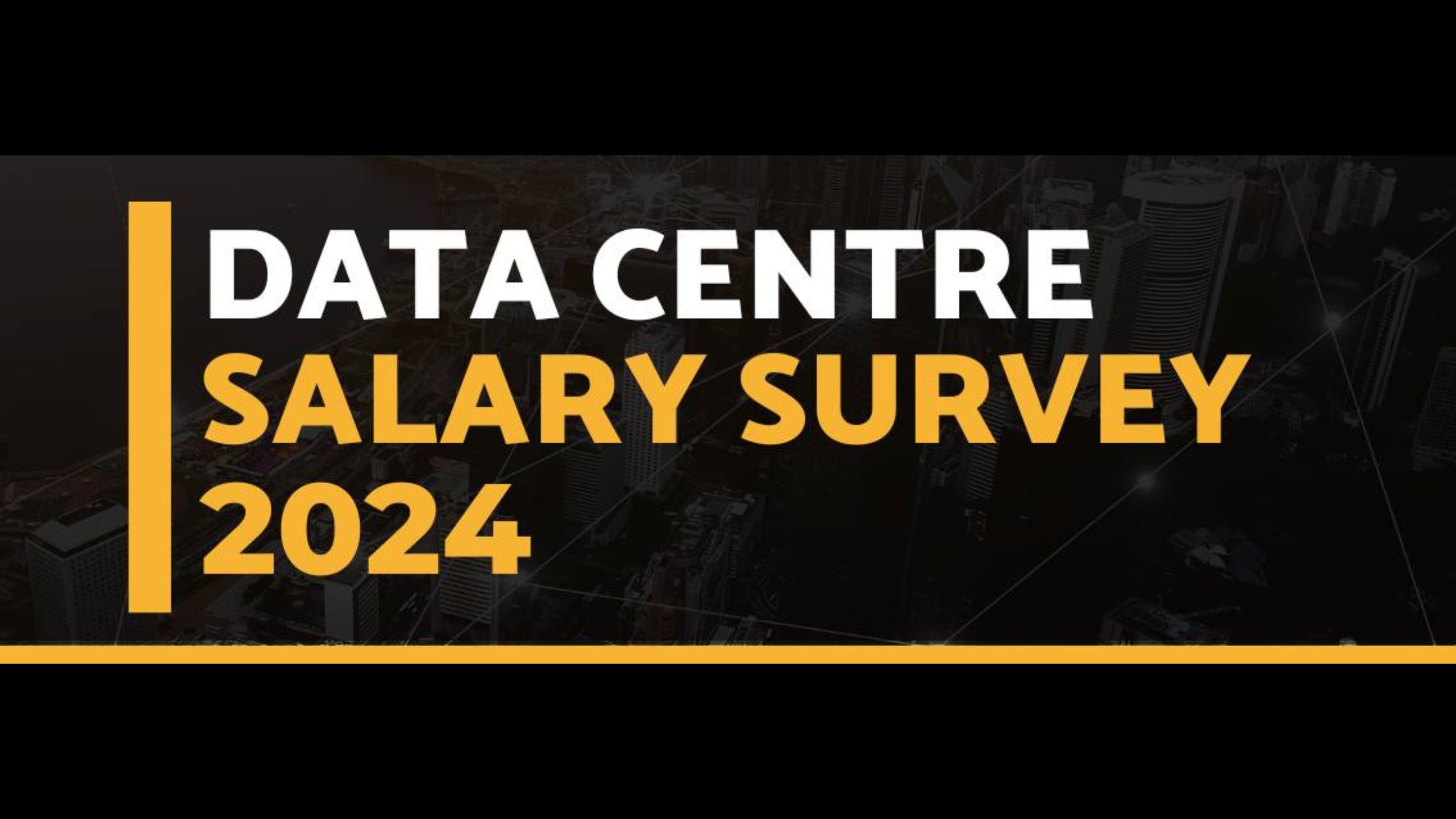
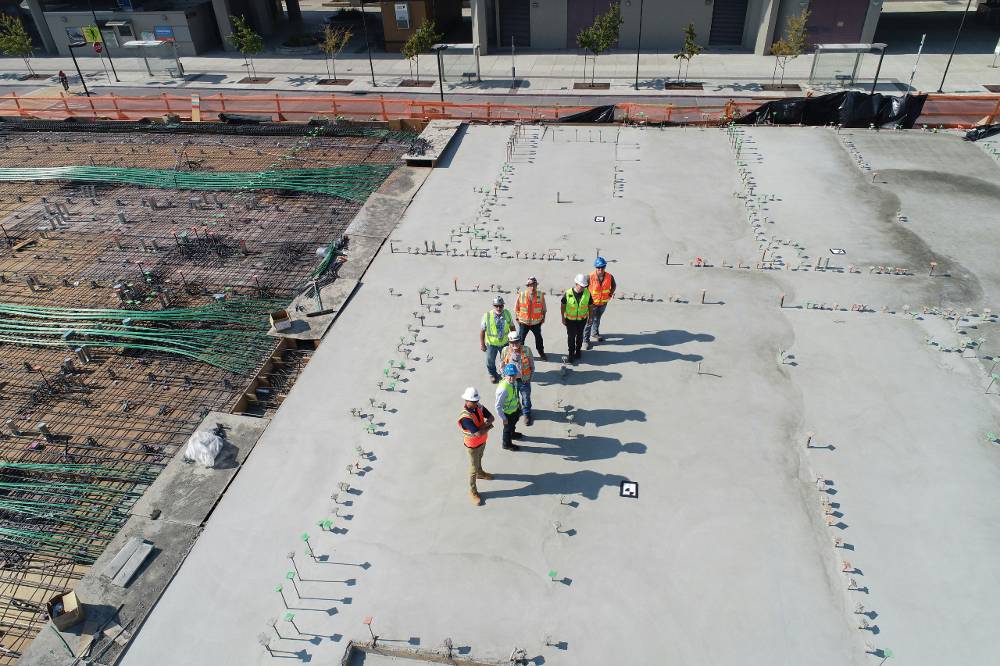
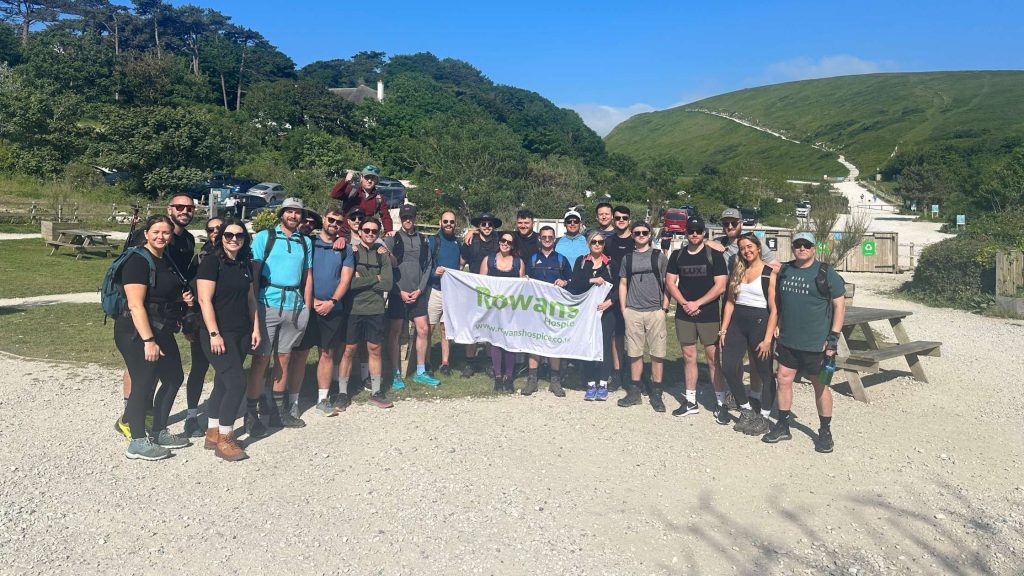
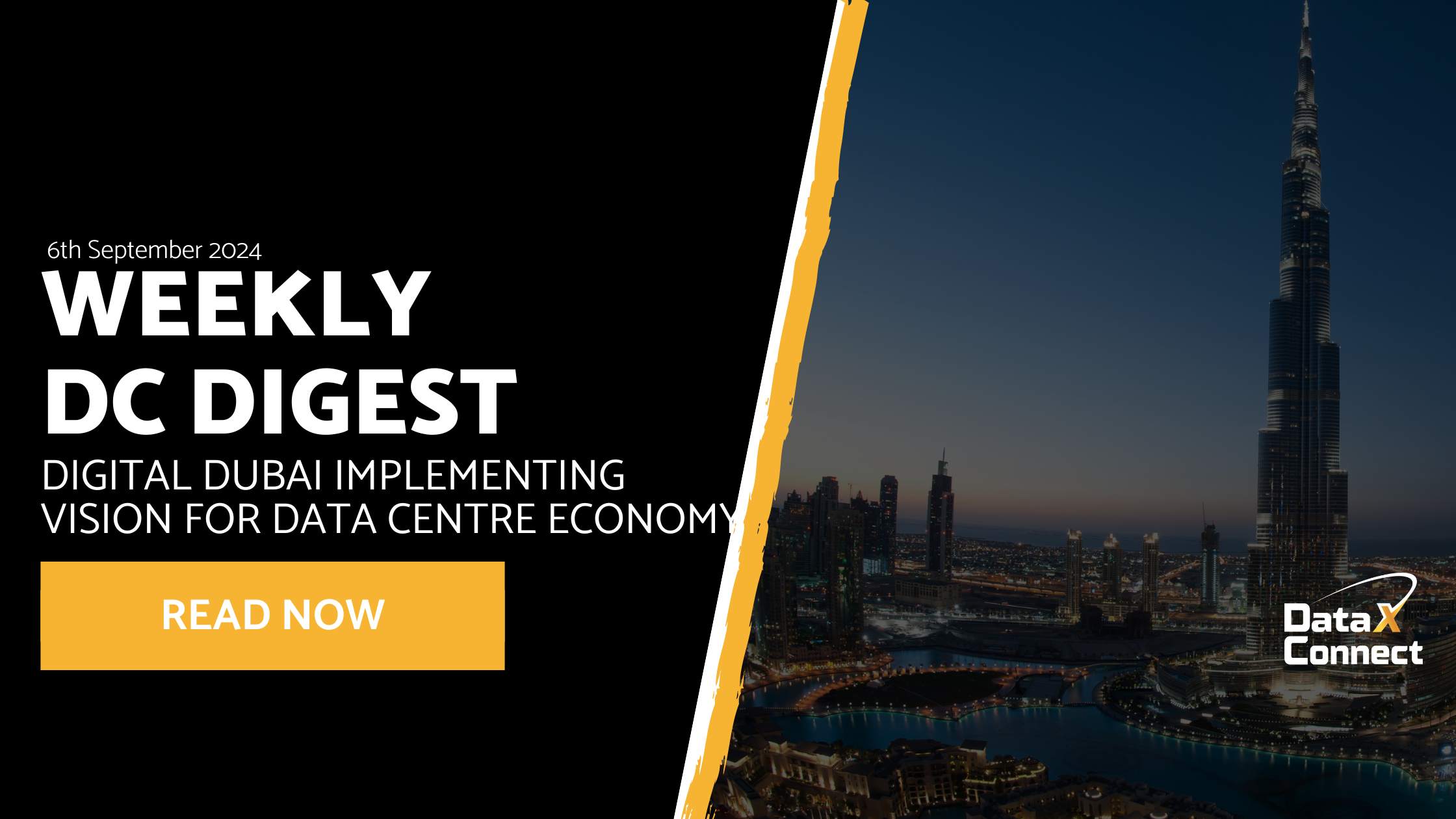
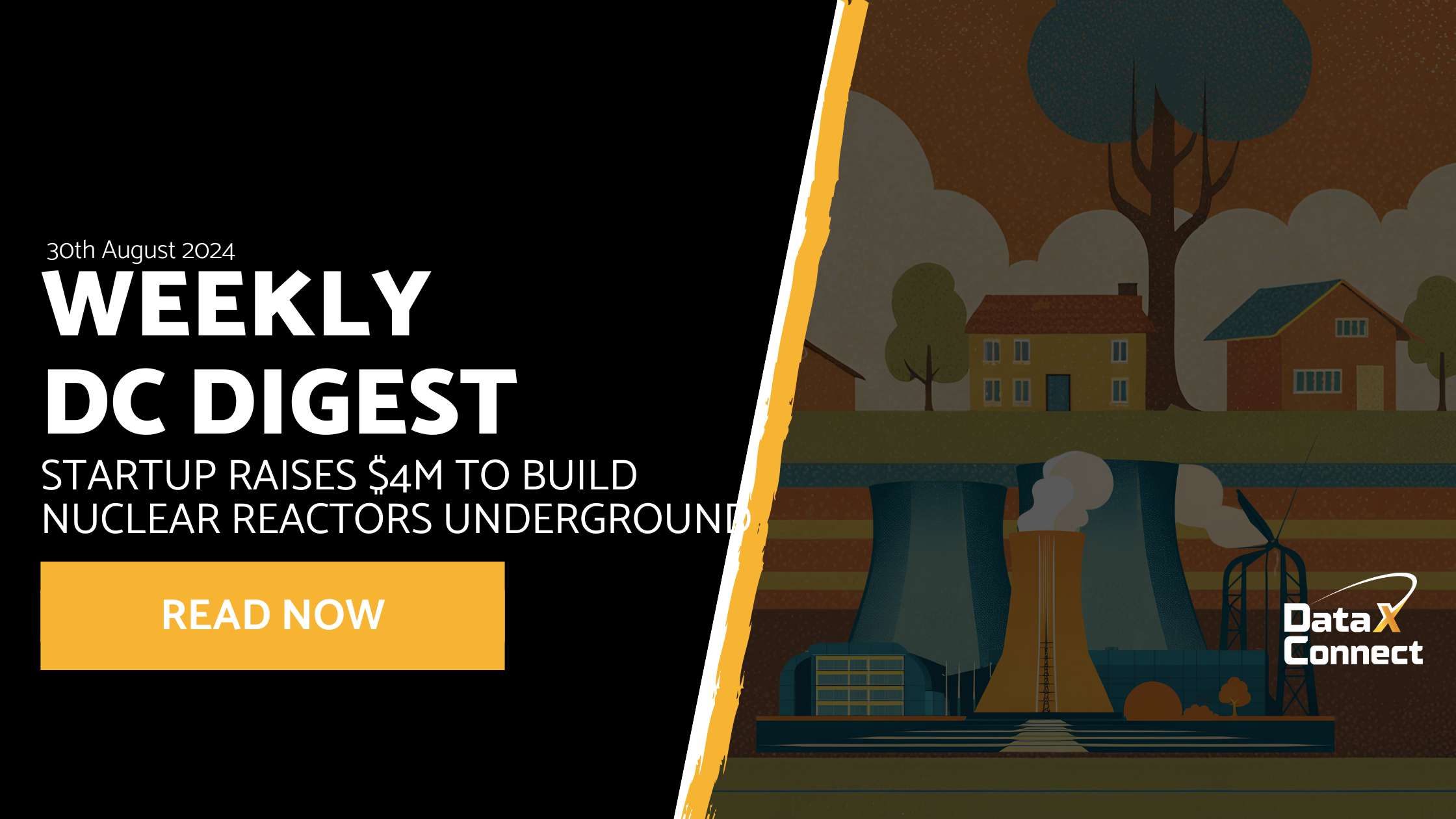

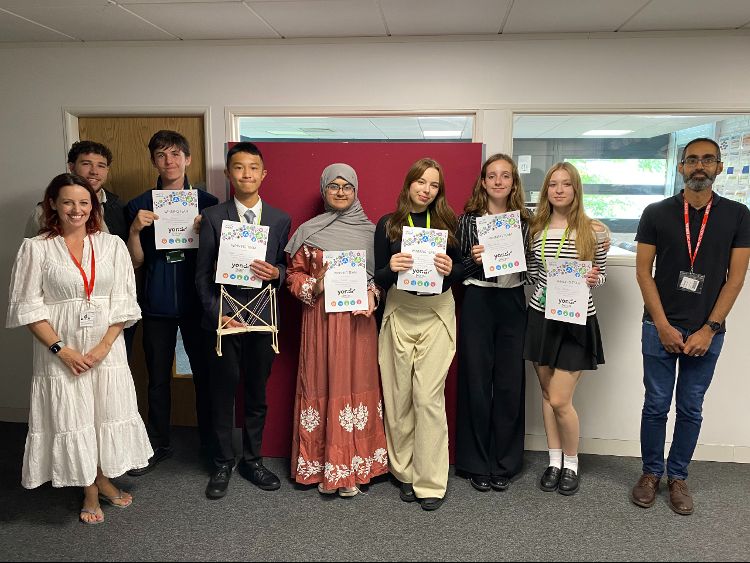
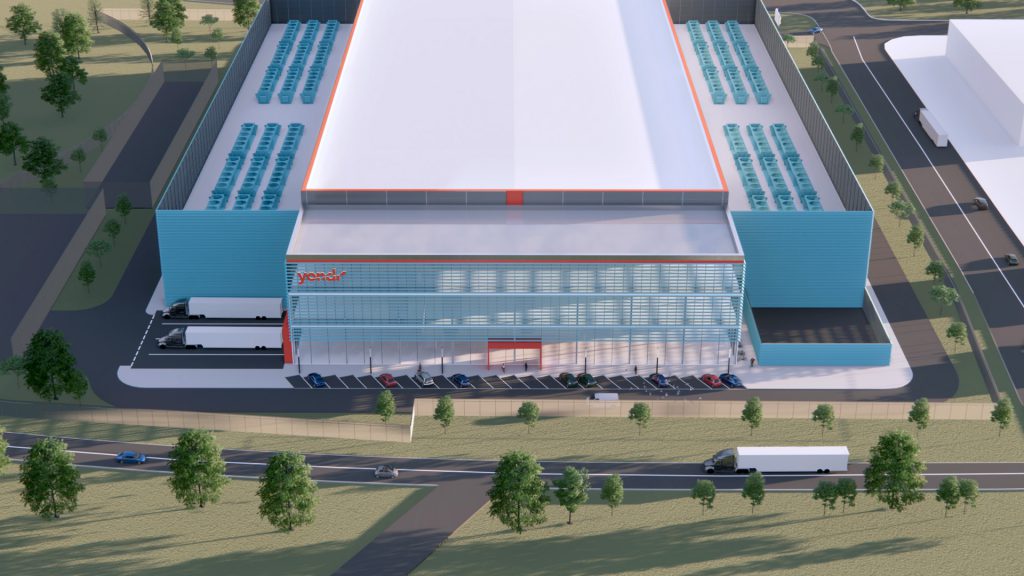
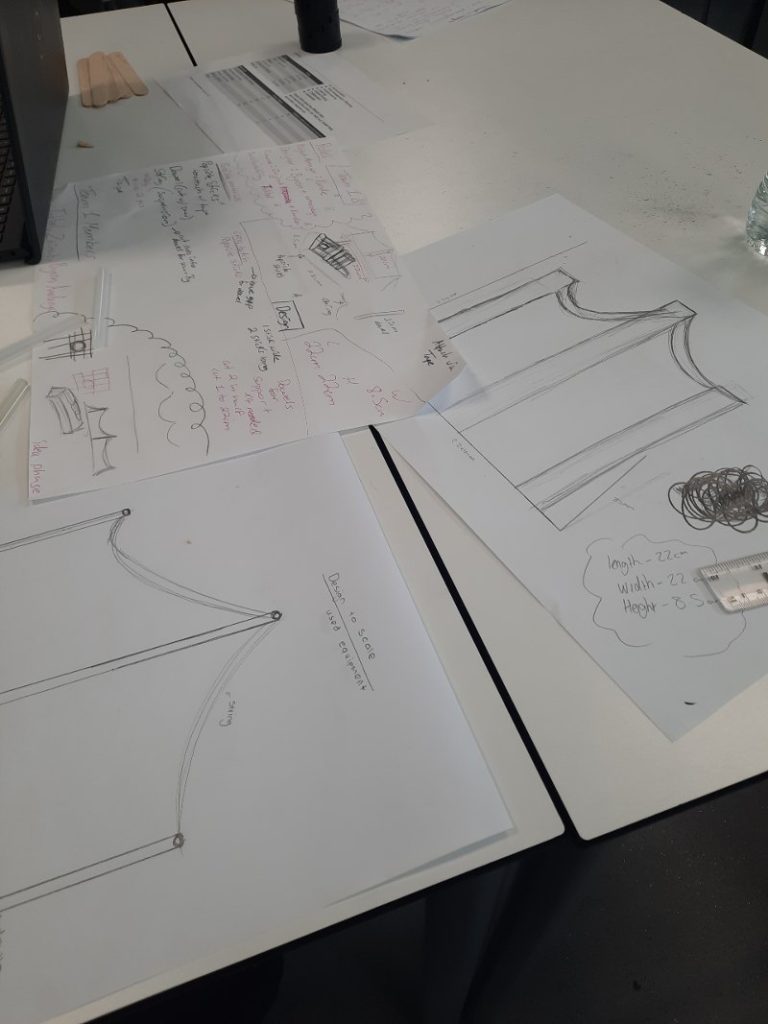



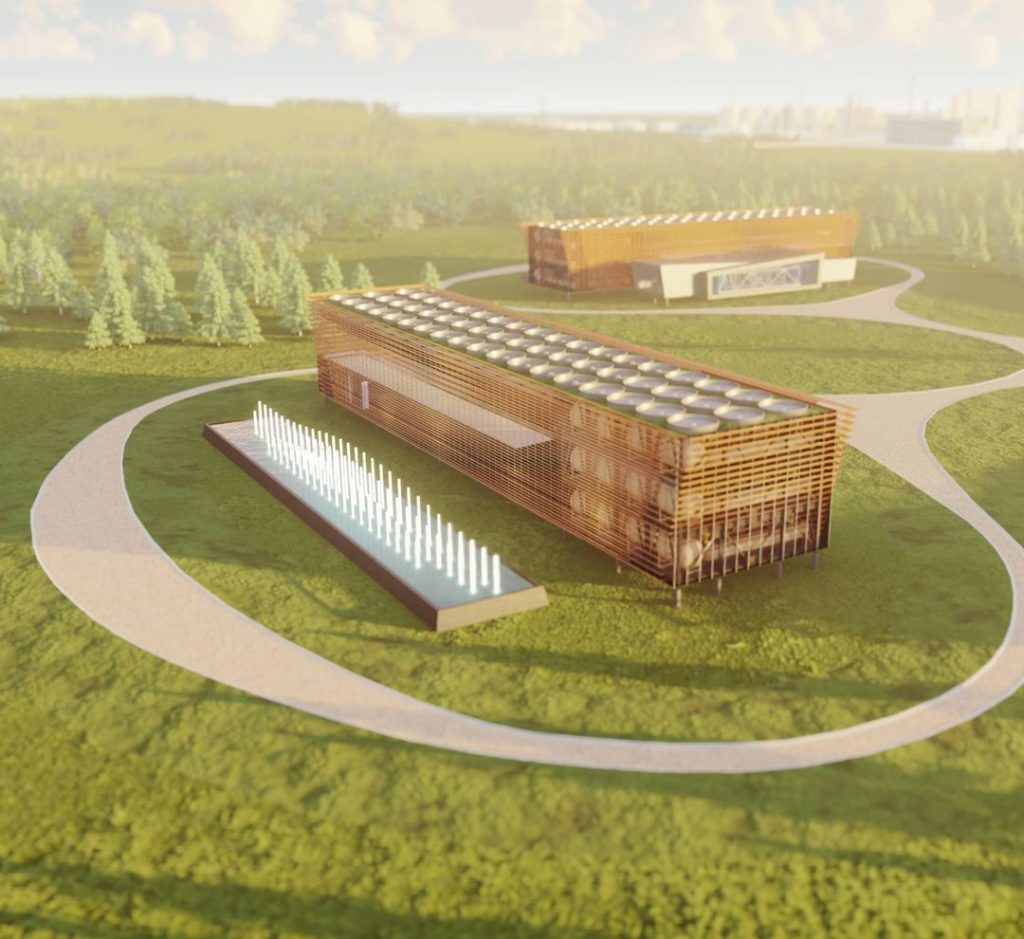

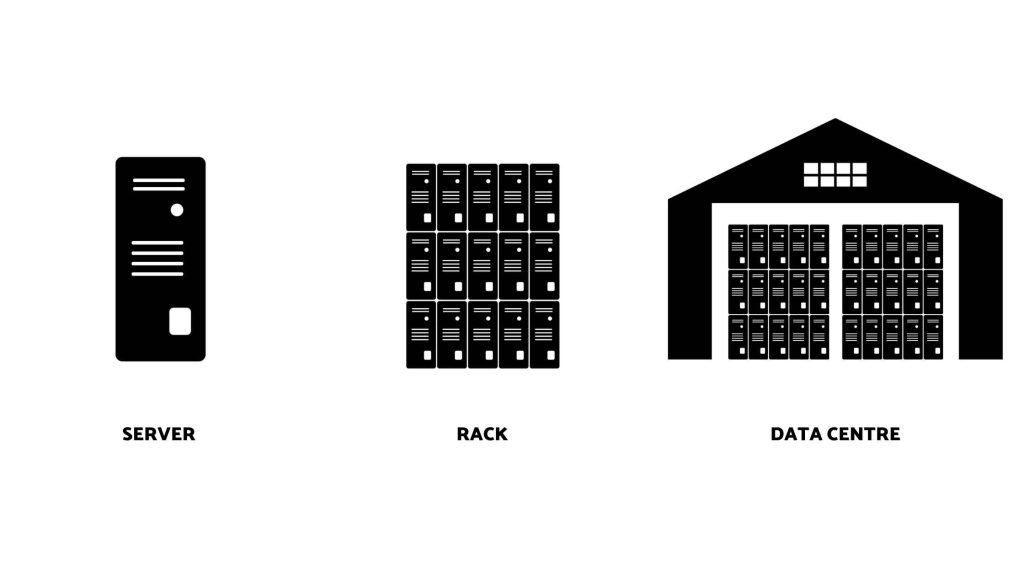



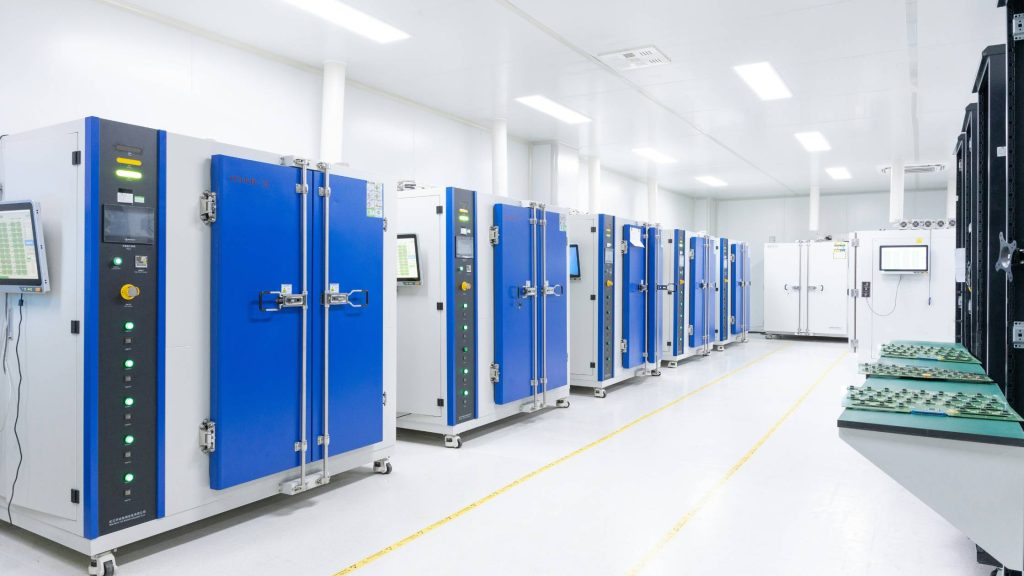
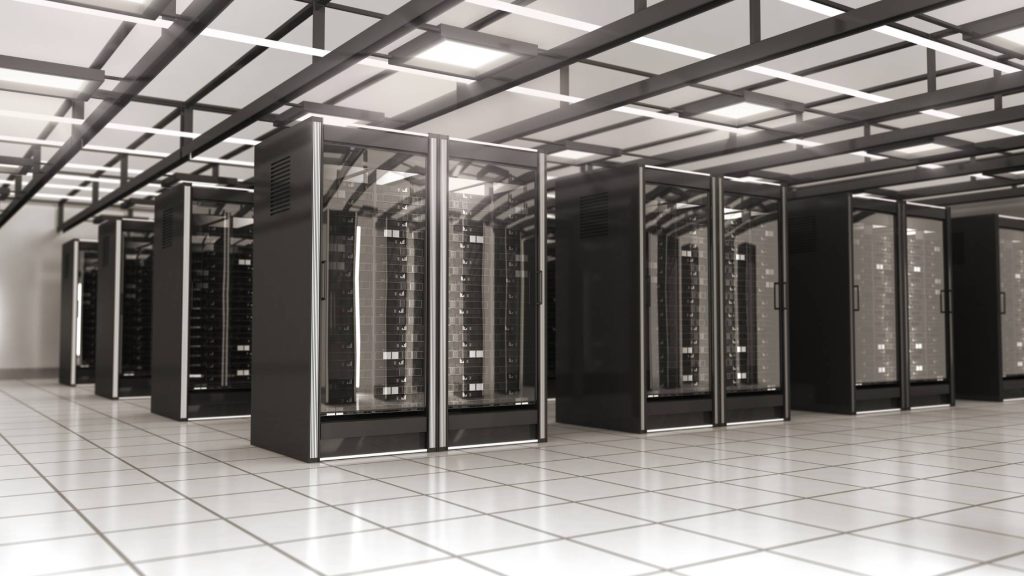



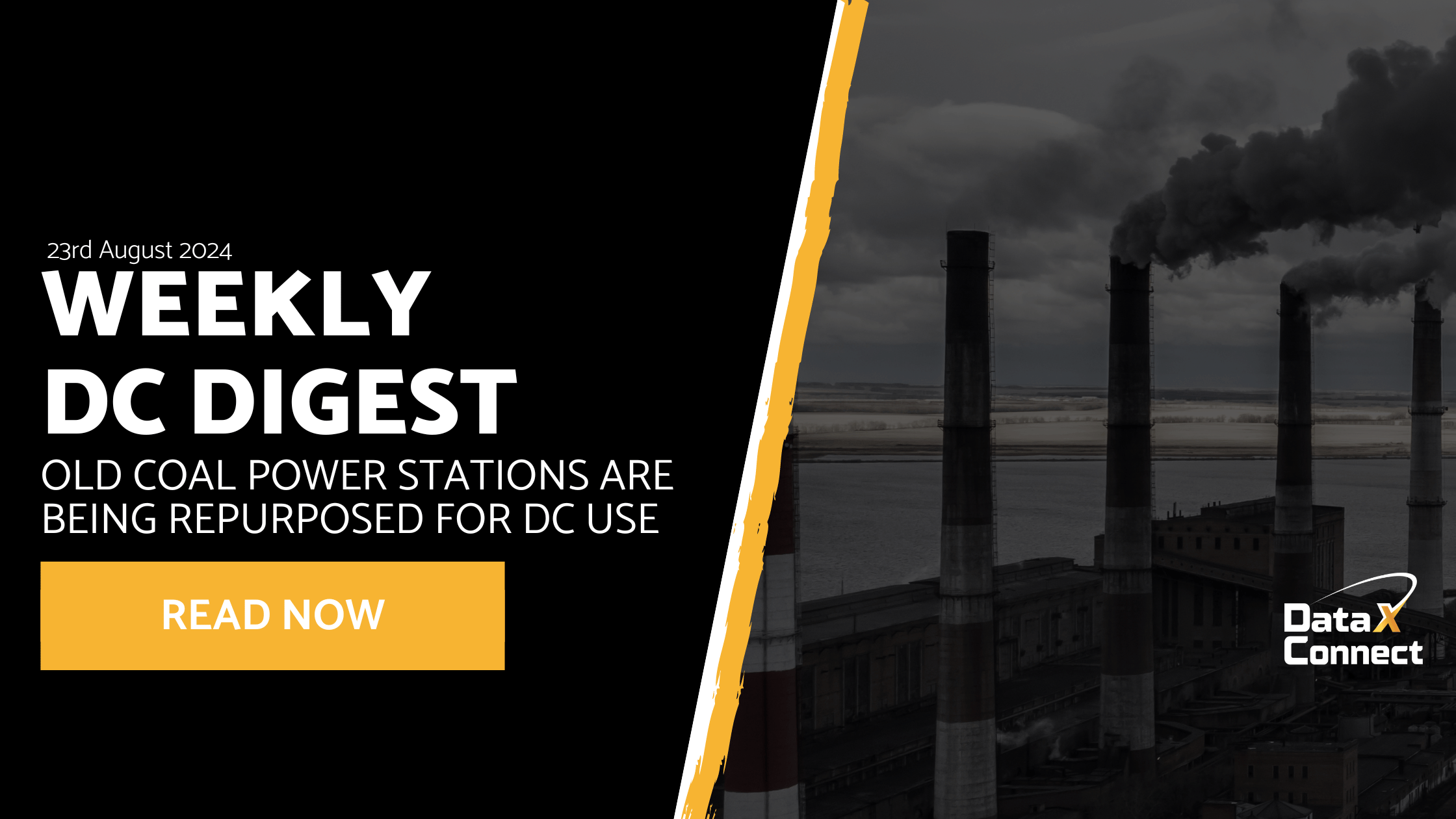
2 responses to “DataX Connect Releases Groundbreaking Data Centre Salary Survey”
I really like your writing style, fantastic info , appreciate it for putting up : D.
Your blog is a true gem in the world of online content. I’m continually impressed by the depth of your research and the clarity of your writing. Thank you for sharing your wisdom with us.